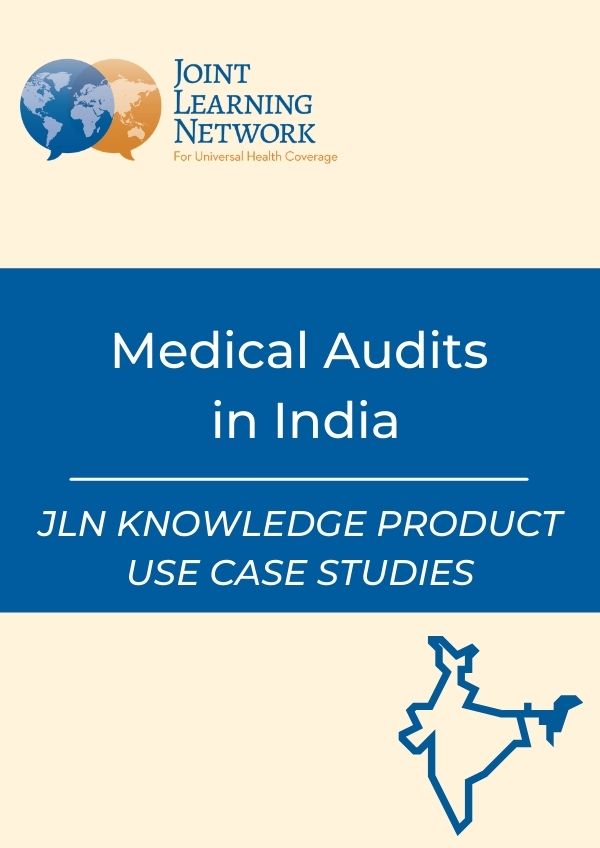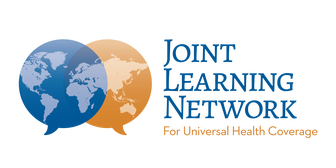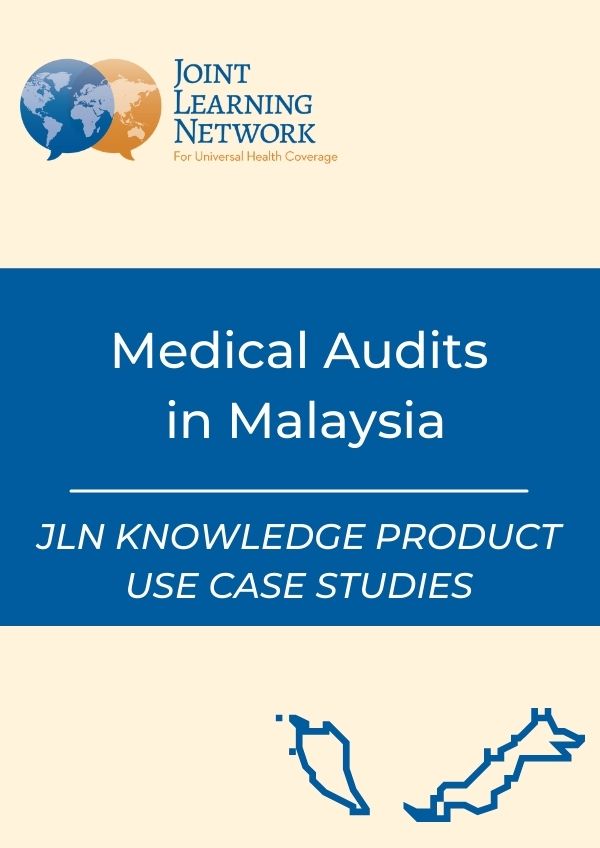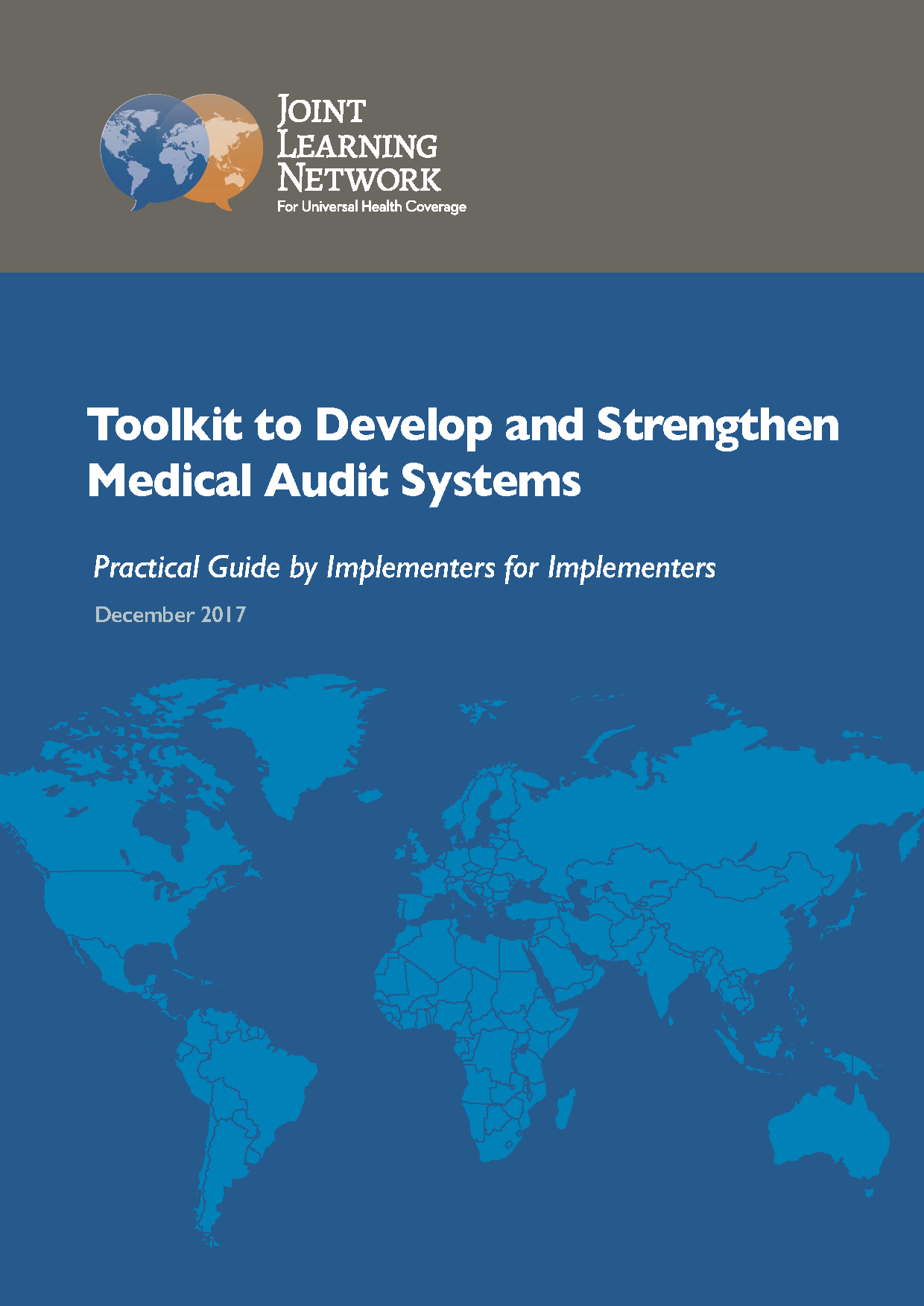Medical Audits in Malaysia
January 29, 2021
Malaysia’s use of the Toolkit to Develop and Strengthen Medical Audit Systems shaped the operations for a new Medical Audit Section responsible for auditing PeKa B40 claims. The SOPs for the unit support identifying and deterring fraud and review of provider perfomance resulting in improved quality of health care screenings. This case study profiles the use of the Toolkit to Develop and Strengthen Medical Audit Systems in Malaysia. In 2019, the Malaysian Ministry of Health (MOH) launched the PeKa B40 scheme, a program designed to increase screening uptake for non-communicable diseases (NCDs) among Malaysians in the lower-income group; specifically the bottom 40% of the population by income level. Through PeKa B40 program, MOH was exposed for the first time to the claims processing. Claims processing in Malaysia was traditionally done by insurance companies in the private sector, but through ProtectHealth, the Ministry is responsible for PeKa B40 claims from both the public and private facilities. This is an opportunity to make the PeKa B40 claims process transparent and accountable. In April 2019, the Ministry established a Medical Audit Section within ProtectHealth to process and audit PeKa B40 claims. The team used the Toolkit to Develop and Strengthen Medical Audit Systems to design the systems for this new unit.



